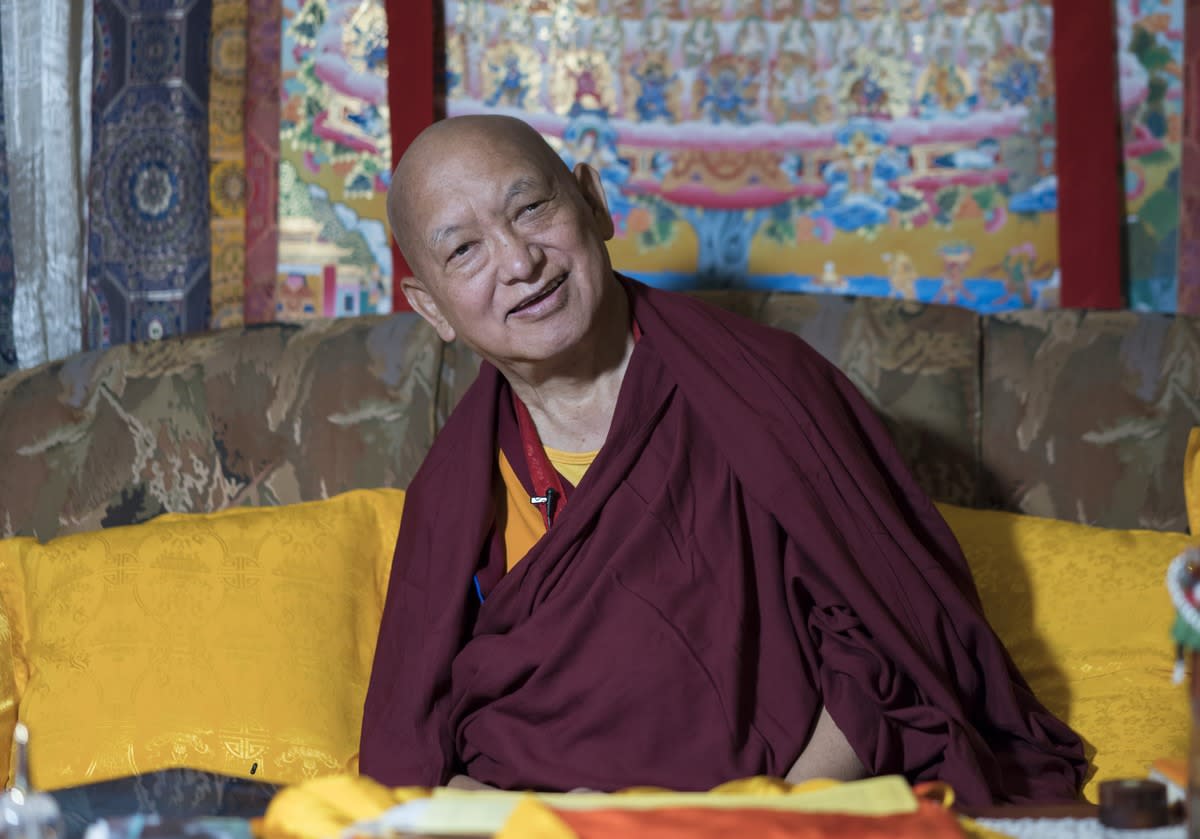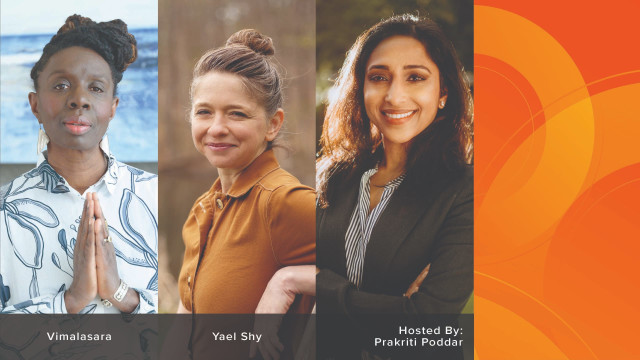Why Tibetan Buddhism Speaks to Me

Having spent nine years studying the Gelugpa and Nyingma traditions of Tibetan Buddhism, Scott Tusa is a meditation teacher who aims to apply his learned wisdom to our modern lives.
Here, he talks about discovering his spiritual path, letting go of the idea of a quick fix, and how meditating helps him better understand himself and others.

Q: How were you first introduced to meditation?
A: When I was around 19 or 20, I started going to yoga classes, and I got a little more serious about it from there. I met a Western teacher who introduced me to different Buddhist traditions, including Zen and Tibetan Buddhism, along with other Hindu-based meditation techniques.
I became serious about incorporating spirituality into my life from that point on. I sought out Tibetan Buddhist teachers and found a lineage of practice I wanted to explore because it felt like a right fit. From there, I started studying and practicing with various Tibetan Buddhist teachers, monks, and lamas who either had centers established in the United States or were traveling and teaching.
Q: What was it about Tibetan Buddhism that speaks to you?
A: Buddhism as a whole drew me in. When I encountered Tibetan Buddhism at around 20 years old, I was looking for answers to the question, "What the hell is going on here with this world and me?" Tibetan Buddhism is a rich tradition with various approaches to the practice and philosophy; it had comprehensive descriptions, interpretations, and commentaries on the Buddha's sutras. It intricately explained many of my experiences, and I liked that.
Q: What's your top tip for a beginning meditator?
A: Be patient and don't expect quick results.
Meditation isn't about replacing our experience; in doing so, we tend to only focus on feeling good, and we won't get that much out of practice because feeling good is finite. Abandon this idea of a quick fix to one's problems — it's about patience and perseverance.
Q: Who's had the most significant impact on your work?
A: My primary teachers are Tsoknyi Rinpoche and Lama Zopa Rinpoche. They are my root teachers, as we call them in Tibetan Buddhism. They have also been the kindest in supporting my practice and study. When I was a monk, they provided me with a space to live, so they offered what we call material help, along with endless sources of compassion and support as I became a teacher.
Q: What are the greatest benefits you've received from meditating?
A: The most significant benefit is getting to know my brain. In doing so, I've learned so much about how I connect to the world around me. There's a big relational piece here that often gets missed in meditation. For instance, connecting with that Buddha-nature shows me others have that quality. They possess the potential to be free and happy. That's been the most significant benefit of it. It isn't a state; it's not a fleeting experience, it's not a thought, it's not an idea, it's just sort of a shift.
Beginner meditator? Try this course, A Modern Guide to Mindfulness by meditation teacher Curtis Smith.









